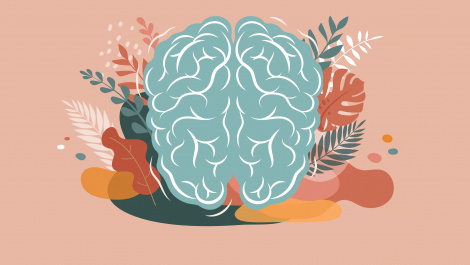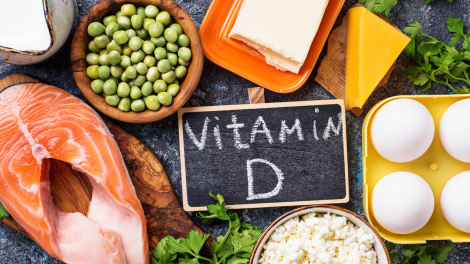It’s true. As we get older we tend to have less energy, lose muscle and gain weight. But we can fight back against these age-related changes in our metabolism. Knowing why thing happen and the strategies to deal with them puts us in better control. So, what are the reasons behind your slowing metabolism and how can you increase it?
Get your thyroid checked
If you’ve been gaining weight, feeling tired and cold, or having trouble concentrating it may be time to speak with your doctor about getting your thyroid checked.
Your thyroid produces hormones that act as the master controllers for your metabolism. If you are under-producing these hormones, your metabolism slows down and you may experience fatigue, constipation, dry skin, brittle nails, aches, pains, and mood changes. If you have any concerns, you should contact your healthcare practitioner.
According to Harvard Health, “Women are more likely than men to have problems with their thyroid, particularly as they get older.”
What causes decreased thyroid hormones and slowed metabolism? It could be inflammation, other conditions (like diabetes), certain medicines, and even the amount of iodine you eat.
INCREASING YOUR METABOLISM
Get moving!
Do you move as much as you used to?
We are often less active now than when we were younger. Our jobs and our families tend to take up most of our time, while self-care is often put on the back-burner.
When you don’t move as much, you don’t burn as much energy. This means that you lose muscle mass and hold on to fat (which is stored energy). Moving more doesn’t have to be a mission – you don’t need a gym or develop a love of running – it can be as simple as taking the stairs or making your bed from scratch. As you move you literally boost metabolism and burn calories. Your muscles work and you warm up.
When you take up a specific exercise, adjust the speed, intensity or types of movement based on your ability. If you sit for most of the day, even standing or walking for five minutes every 30-minutes helps to improve your metabolism.
Keep your eyes and stomach the same size
Because our metabolism slows down as we age, our bodies don't need as much fuel anymore. So, that full plate of supper we’ve been accustomed to eating is slowly getting to be too much food for our everyday needs. You may have to mindfully reduce the amount of food that you normally eat.
Not only do we need less food, but our natural appetite regulation seems to fade over time too. Leptin – the hormone that tells us when we’re full – slows down and doesn’t function properly. Essentially, we’re unaware that we’re full and are tricked into still feeling hungry. This makes it easy to overeat unconsciously.
So how do we practice mindful eating? Simply put, eat slower and try to be aware of how you feel near the end of a meal. Dish your normal amount but leave a bit of time before your last few bites to see if you really are still hungry. Over time you’ll be able to gauge how much you actually need to eat when you sit down.
Stick with healthy foods
Even though we need less food, we still need enough nutrition. Eating nutrient-rich foods that are less processed can give our bodies the vitamins and minerals we need. Focus on getting more fruits and vegetables, legumes, fish, nuts and seeds. And leave the refined flour and added sugar desserts alone.
If you’re stuck, here’s some guidance on the foods that are known to boost metabolism.
Let's summarise
While our metabolism does slow down as we age, it’s not totally out of our control. Putting the right strategies in place can help us increase it. Incorporate movement into your day. Be mindful of how much you eat. Stick with highly nutritious foods. And if you suspect a deeper problem, ask your doctor about getting your thyroid checked.







Comments